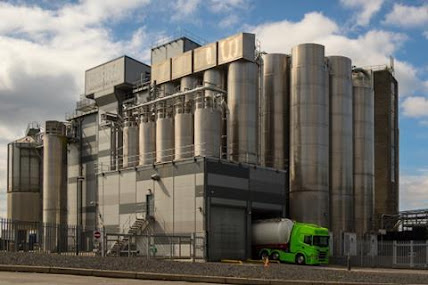English Breakfast Tea holds a special place in the hearts and mugs of tea aficionados globally. Its extensive journey spans more than a century, marked by cultural shifts, royal influence, and changing tastes.
The original version of English Breakfast Tea emerged in the vibrant city of Edinburgh, crafted by the skilled hands of Scottish Tea Master Drysdale. Around the 1700s, this hearty blend made its way into English homes, gradually replacing the traditional morning ale with its invigorating aroma and soothing warmth.
The reign of Queen Anne likely played a significant role in popularizing tea as a morning beverage, laying the groundwork for Queen Victoria's era, during which the tea's reputation soared. Queen Victoria's affection for all things Scottish elevated the tea's status, cementing its place in English culture.
The journey to prominence for this tea also witnessed a shift in its branding. Initially known simply as "Breakfast Tea," savvy tea merchants in London seized the opportunity to rename it "English Breakfast Tea," leveraging national pride and identity.At its essence, English Breakfast Tea comprises a blend of high-quality Indian and Chinese black teas, delivering a robust flavor and deep amber color. As time progressed, the blend evolved with the inclusion of Keemun tea, prized for its fruity undertones and toasty aroma. Today, modern variations may feature Assam, Ceylon, and African teas, ensuring a well-balanced mix of strength, flavor, and hue.
The hallmark of English Breakfast Tea lies in its distinctive qualities. With its full-bodied flavor and rich, malty scent, it pairs wonderfully with milk or a touch of lemon, accentuating its complexity. Moreover, its versatility extends beyond traditional brewing methods, with many enthusiasts enjoying it as a refreshing iced tea during warmer seasons.
In summary, the enduring appeal of English Breakfast Tea transcends boundaries, captivating tea enthusiasts worldwide with its rich history and undeniable allure. From its humble beginnings in Scottish tea rooms to its global recognition, this iconic blend continues to adapt, reflecting the evolving preferences and rituals surrounding tea consumption. As we raise our cups to honor this beloved beverage, we celebrate not only its taste but also the centuries-old legacy it embodies.
The Evolution of English Breakfast Tea
Iodine: Essential for Thyroid Health and Child Development
-
Iodine is an essential element in human nutrition, primarily as a component
of the thyroid hormone, thyroxine. This hormone plays a critical role in
regula...





